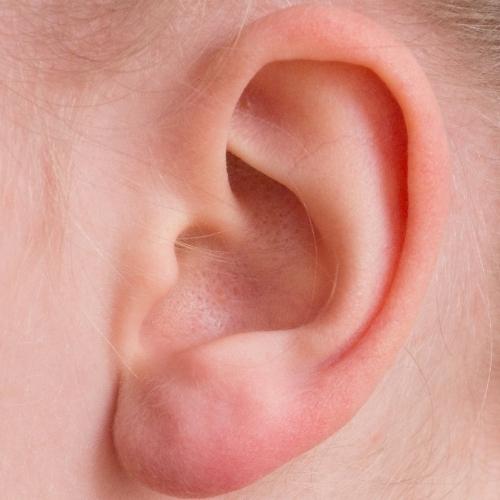Key points from article :
Age-related hearing loss reduces the quality of life of elderly people.
Experiments were done in a mouse strain that loses its hearing relatively early.
5-month old mice are already a bit hard of hearing, and 12-month old mice have fully developed age-related hearing loss.
Engineered mice with reduced expression of the gene KEAP1.
With reduced KEAP1, NRF2 expression increases and the genes it regulates become more active.
Mice had better hearing when they were 12 months old than wild-type mice at low and medium frequencies.
Reduced oxidative stress in cochlear tissues, which is probably how it prevents hearing loss.
NRF2 needs to be boosted even more to prevent oxidative stress in tissues that detect high frequencies.
It’s also possible that high-frequency hearing loss results from mechanical stress.
A third possibility is that boosting NRF2 only delayed the onset of hearing loss rather than preventing it.
Research by Tohoku University published in the Journal Aging and Mechanisms of Disease.





